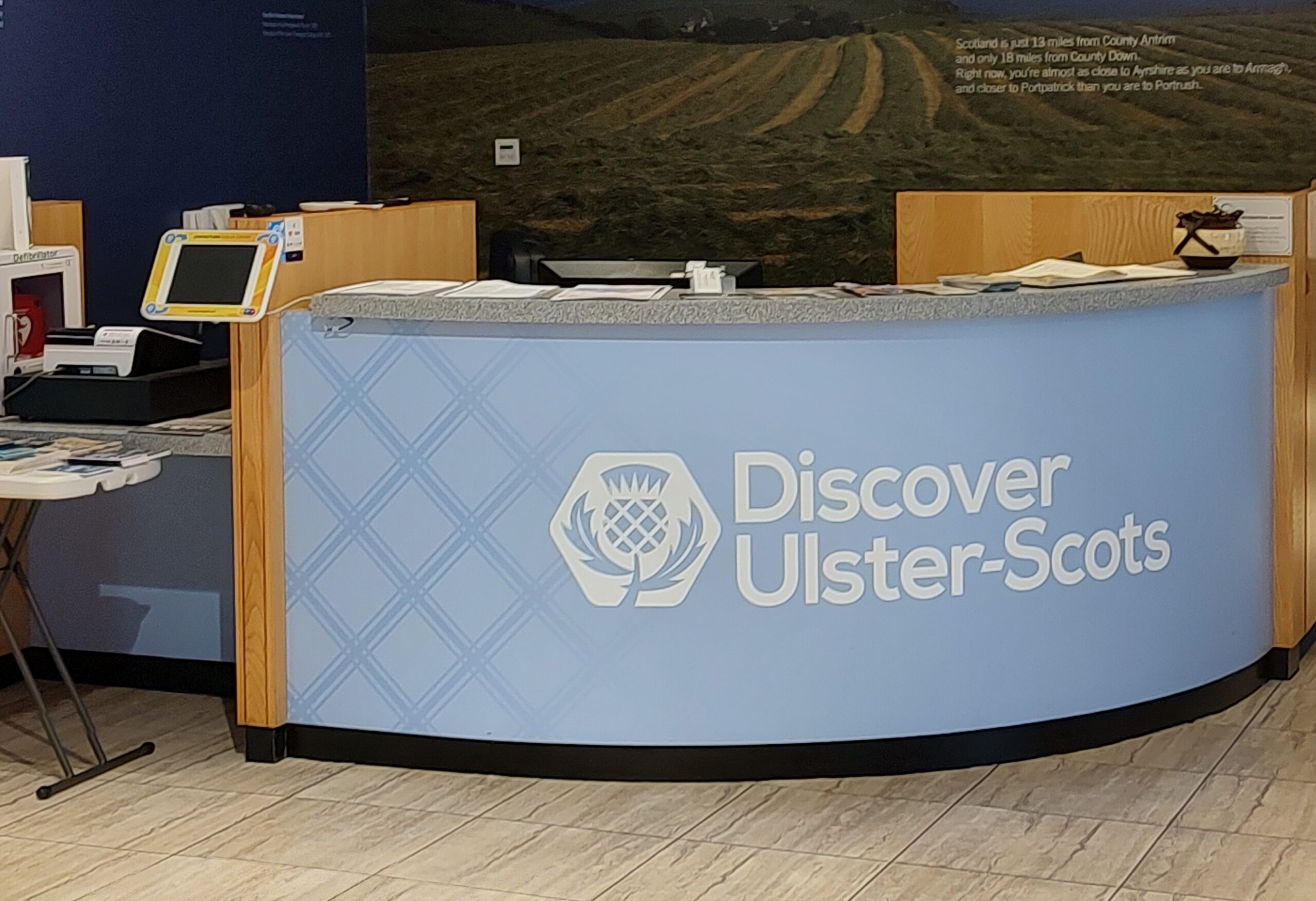The terminology used to identify groups who emigrated from Scotland to the colonies in the 1700s and 1800s by authors can be confusing and at times misleading. In this short essay, the terminology used will be presented and discussed. Emigration is defined as the process of leaving one’s country and relocating to another country to live. The Scots who left Scotland and went to Canada, the Caribbean, the colonies and to the Antipodes, to mention a few, emigrated. Whereas Scots who left Scotland and went to England and nearby Ireland, sometimes permanently, and sometimes for a short duration, are considered to have engaged in migration. Close proximity and permanence of the move are factors in labeling their move from Scotland to Ireland as migration.
While several hundred thousand Scots left Scotland to go to Ireland, the duration of their stay in Ireland may have been short, perhaps a generation or two, before seeking a permanent home in Canada or more likely the American colonies. The terminology used to identify these people who left Scotland to go to Ireland then on to America is at times confusing. These three terms Scots-Irish, Scotch-Irish and Ulster-Scots are at times erroneously used interchangeably.
Scots-Irish and Scotch-Irish are terms used to identify persons with a family history of being Scottish, including Gaelic-speaking Highlanders, who then at some time lived in Ireland, and then emigrated to the Americas. Currently, it appears that the term Scots-Irish is preferred and most widely used. Scots-Irish is the broad term and includes those who may more precisely be identified as Ulster-Scots. However, in the United States, Scotch-Irish is used at times due to its historical use in the colonies to identify Protestants of Scottish ancestry coming from Ireland.
The term Ulster-Scots refers to those people and their descendants who have a history of having historical roots in the Scottish Lowlands, who settled in the region, which is currently the nine northern counties of Ireland, referred to as Ulster. The Ulster-Scots people were primarily Presbyterian and brought with them their religion, language, and traditions from Scotland. While it may seem like an insignificant distinction in terminology to Americans with Scottish ancestry, the distinction needs to be considered when talking and writing about the migration of Scots to Ireland then to America.
https://www.ulsterscotslanguage.com/en/texts/scotch-irish/scotch-irish-or-scots-irish/


One response to “Scot Emigrant Terminology”
The difference between Ulster-Scot and Scots-Irish is confusing (and interchangeable) to many people. Your explanation helps clear up this confusion.